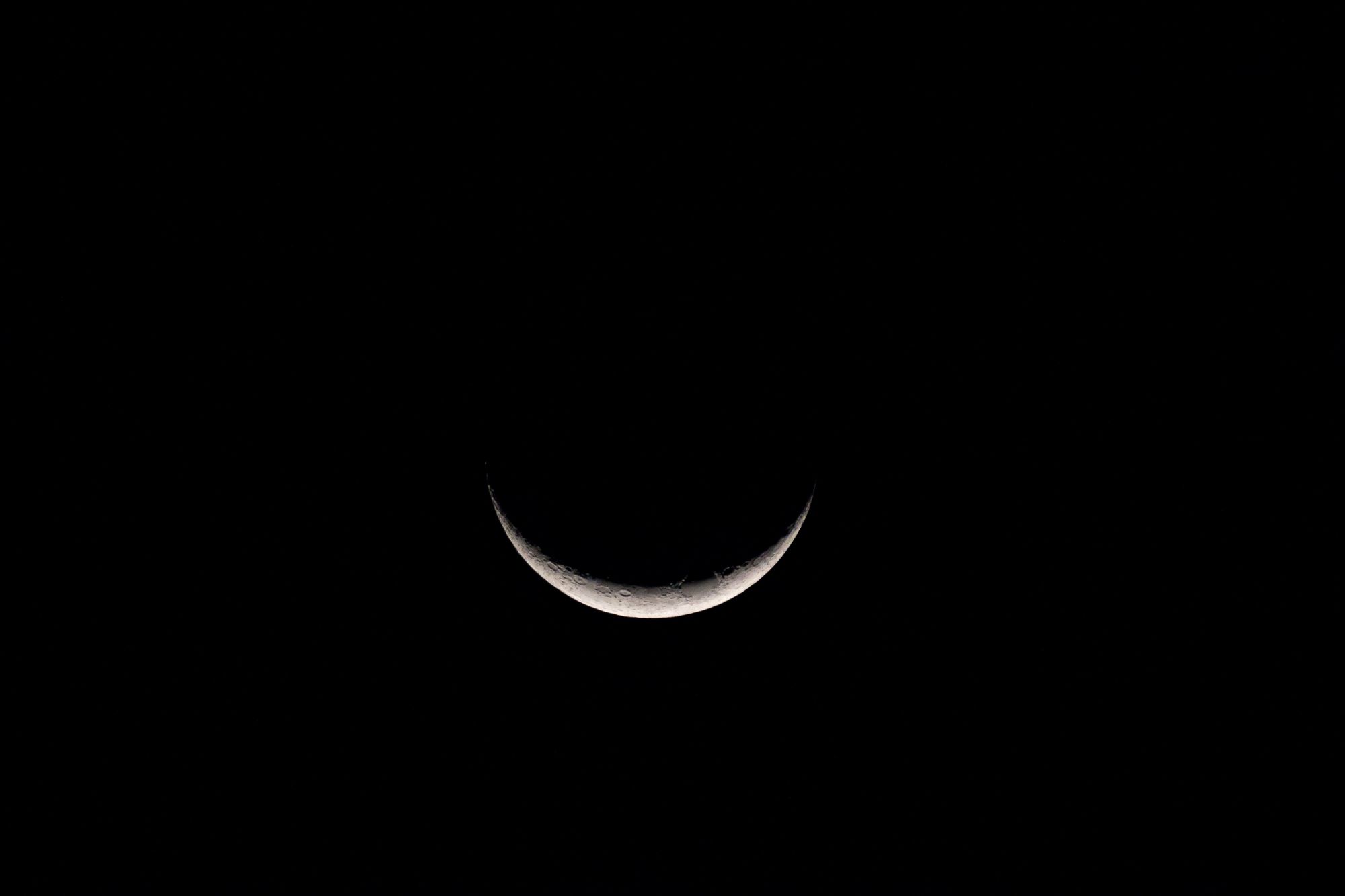Thirty-third Sunday in Ordinary Time - Fr. Pete Iorio
November 14, 2021 - 11:00 AM
Audio Recording
The images that Jesus uses at the beginning of today’s Gospel leave us bewildered and maybe even fearful: the sun darkened, the moon no longer giving light, stars falling and the powers of heaven shaken. The world/the universe is certainly in pain as indicated by these images. The Lord does not deny that reality. AND Jesus also invites us to hope, for precisely in that moment of utter darkness, the Son of Man will come. Even now, we can perceive the signs of his coming, just as the leaves that appear on the fig tree make us realize that summer is at hand.
First we acknowledge today’s pain. We are part of a history marked by problems: violence, suffering and injustice. We are always waiting for a liberation from these things, and it never seems to arrive. Those who are most wounded, oppressed and even crushed, are the poor, the weakest links in the chain. Today is the 5th World Day of the Poor which is the Sunday before the Solemnity of Christ the King. This day of the poor asks us not to turn aside, not to be afraid to take a close look at the suffering of those most vulnerable. Today’s Gospel has much to say to them and to us who are not in the category of being poor. For the poor, the sun of their life is often darkened by loneliness, the moon of their expectations has waned and the stars of their dreams have fallen into gloom; their lives have been shaken.
There is always hope. Jesus says that the leaves appear when the branch becomes tender. That is the word that makes hope blossom in the world and relieves the suffering of the poor: tenderness. Compassion or suffering with others leads us to tenderness. When we overcome our self-absorption and our interior rigidity, hope will blossom around us.
God gives us the freedom to choose to overcome the temptation to be concerned only about our own problems; God invites us to grow tender before the tragedies of our world, and to share its pain. Pope Francis focused on the image of the tender leaves of a tree. He said that they absorb the pollution all around them and turn it into growth and new life. We can do the same. What we need to do is imitate the leaves that daily, unnoticed, turn dirty air into clean air. Jesus wants us to be “converters” of goodness: people who breathe the same heavy air as everyone else but respond to evil with good. People who act by breaking bread with the hungry, working for justice, lifting up the poor and restoring their dignity.
Jesus said that the poor we will always have with us in Mark chapter 14 verse 7. Honestly, wouldn’t it be nice to have them go away – out of sight, out of mind? But the poor, always and everywhere, evangelize us, because they enable us to discover in new ways the true face of the Father. “They have much to teach us. They know the suffering Christ through their own sufferings. It is necessary that we all let ourselves be evangelized by them. Theyhelp us grow in holiness especially when we engage them.
We are asked to nurture tomorrow’s hope by healing today’s suffering. The two are linked: if you do not work to heal today’s pain, it will be hard to have hope for tomorrow. The hope born of the Gospel has nothing to do with a passive expectation that things may be better tomorrow. Rather, we make God’s promise of salvation real when we do concrete acts of loving tenderness and kindness.
